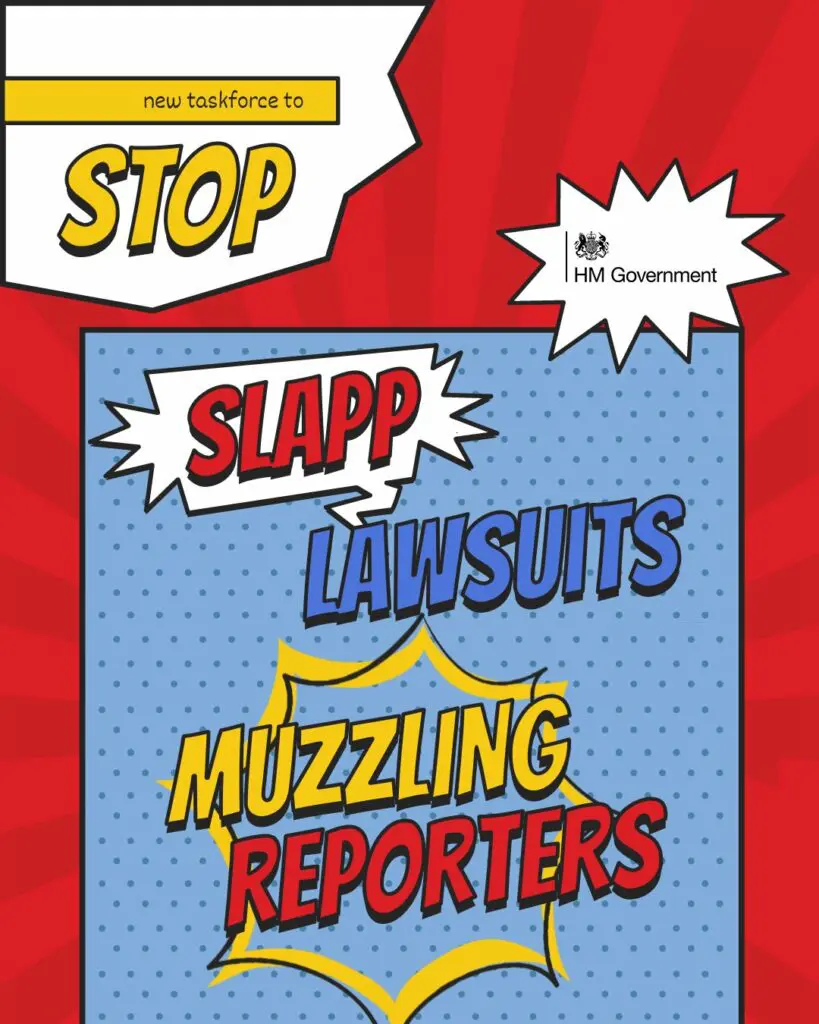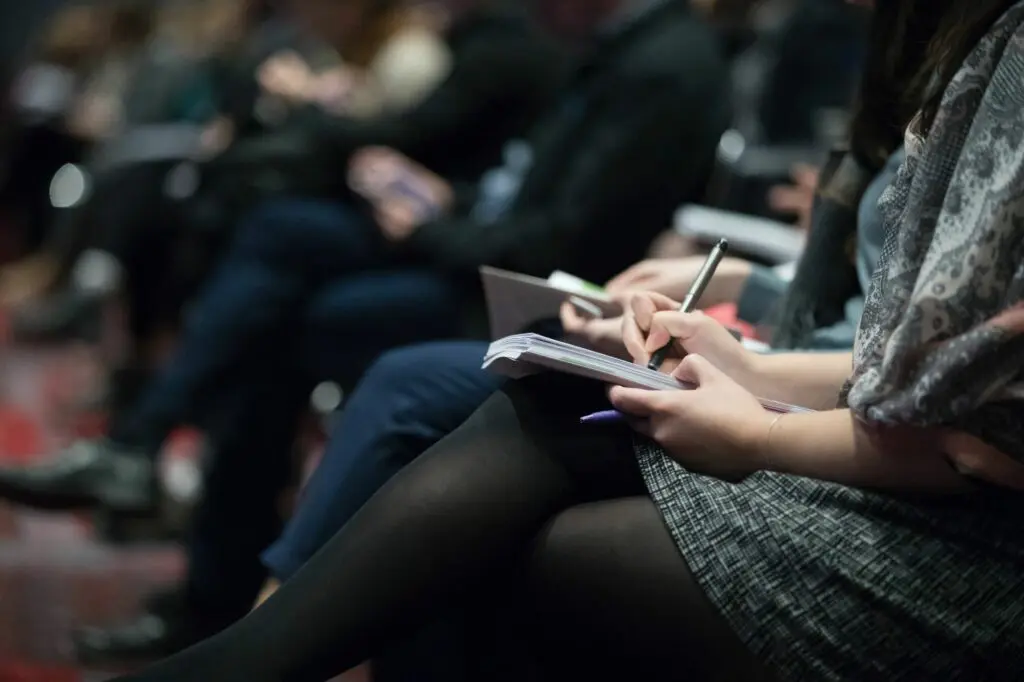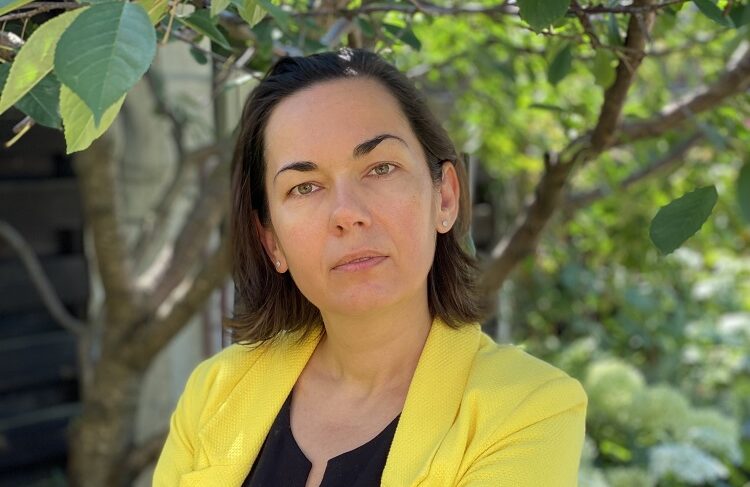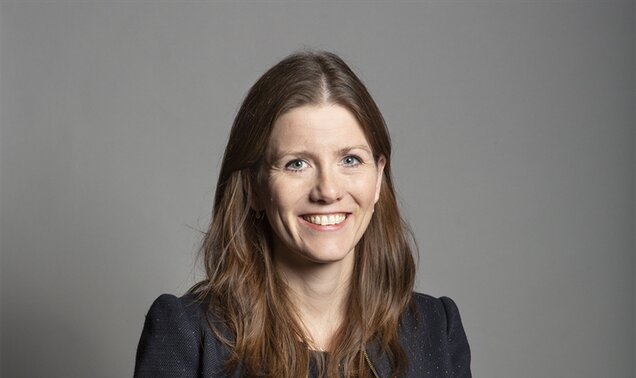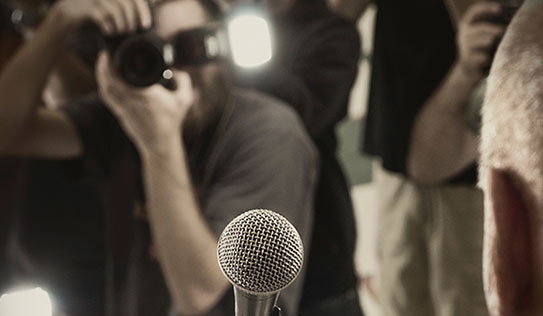Why is it important?
Journalists have a fundamental role to play in holding power to account on behalf of the public. Sadly, those who wish to avoid such scrutiny can resort to threatening journalists with physical violence or other forms of intimidation in order to censor their reporting.
In some countries, journalists are physically attacked or killed in order to suppress legitimate journalistic activity. In the UK, journalists are increasingly subjected to threats and intimidation on social media. In 2019, journalist Lyra McKee was murdered in Northern Ireland.
Current situation
"When journalists are targeted, societies as a whole pay a price. And I am deeply troubled by the growing number of attacks and the culture of impunity."
UN Secretary-General António Guterres
Journalists at home and overseas are subject to myriad threats and abuses, all aimed at silencing legitimate reporting. Many of these abuses are listed in the Reporters Without Borders’ World Press Freedom Index which graphically spells out the threats to journalists across the globe.
UNESCO warned that there had been a sharp escalation in violence against journalists during the first half of 2020 which saw police and security forces violate media freedoms during protests around the world.
The Secretary-General of the United Nations has described attacks on journalists as “outrageous” and has called for Governments across the world to take action to protect media workers.
In the UK, surveys of journalists have laid bare the abuse and intimidation experienced by journalists on a daily basis on social media, and reporters have also experienced physical violence and harassment while covering protests.
In 2022, the NUJ and Society of Editors launched a new online safety toolkit, which offers advice to help journalists protect themselves and their sources. It covers physical safety, mental health care, information security, health and safety at work and advice on how to take action against abuse on social media platforms.
What is the NMA doing about it?
The NMA is working with policy-makers, media organisations and other stakeholders to promote a safer environment for journalists to work in both at home and overseas. It represents the industry on the National Committee for the Safety of Journalists which in 2021 produced the National Action Plan (recently updated in October 2023) for the Safety of Journalists and also launched the SLAPPs taskforce in September 2023, of which the NMA is also a member.
The NMA has also supported proposals to introduce a new emergency visa for journalists at risk as reporters covering the escalating Ukraine war face increasing threats to their safety.
A major part of that work is the publication of the guide ‘Combatting Online Harassment and Abuse: a Legal Guide for Journalists in England and Wales’ which was commissioned by the Media Lawyers Association and DCMS to highlight how to use the law to prevent online abuse and provide practical guidance to journalists experiencing abuse.
The guide, written by Beth Grossman and Caoilfhionn Gallagher QC of Doughty Street Chambers, focuses on the impact online abuse can have on individual journalists, the implications for freedom of speech caused by self-censorship, measures to prevent journalists leaving the profession, and the issue of online abuse turning into physical harassment.
The guide details tools and techniques journalists and employers can use, including keeping detailed evidence logs, sharing information with relevant safety personnel, taking steps to minimise exposure to abusive content, and evaluating whether to engage with abuse or not, as well as information on how to make complaints and take legal action.
The NMA has also worked with the Media Freedom Coalition which aims to protect the rights and safety of journalists across the world.

